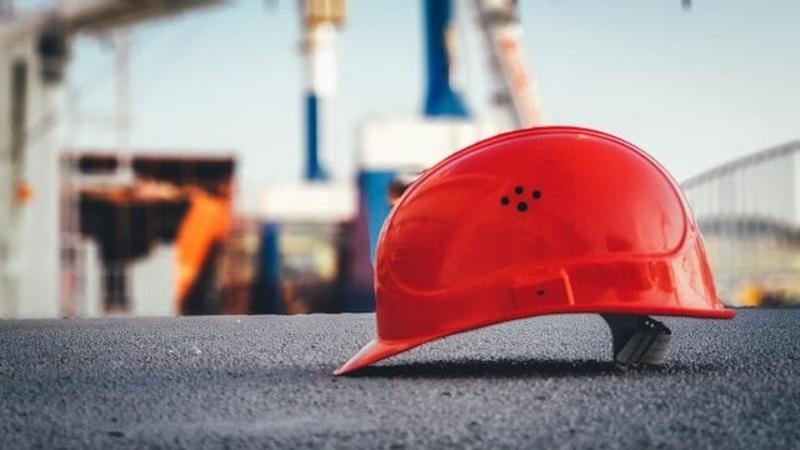In many states, public sector workers aren’t protected by the same rules put forth by the federal Occupational Safety and Health Administration, or OSHA, which oversees workplace standards.
Current law leaves states the flexibility to create their own health and safety programs, provided they are comparable to OSHA in achieving its mandate to “assure safe and healthful working conditions for working men and women.”
Since its inception in 1970, states have taken different approaches, some covering both private and public sector workers. Yet, dozens have left public sector workers vulnerable to unsafe working conditions.
Announced on International Workers Day, which commemorates the achievements of labor unions and celebrates the working class globally, Pennsylvania’s Democratic U.S. Rep. Chris Deluzio and Republican U.S. Rep. Brian Fitzpatrick introduced a bipartisan bill extending OSHA protections to public sector workers.
“The fight for workplace safety is foundational to why the labor movement exists and core to the AFT,” said Randi Weingarten, President of the American Federation of Teachers, or AFT. “No worker should fear for their safety on the job.”
The bill’s sponsors said they’d chosen this week to introduce the bill in commemoration of Workers’ Memorial Day, which fell on April 28.
“We just marked Workers’ Memorial Day, a solemn day to remember workers who died or were hurt on the job in the last year. American workers in every sector should expect to work in safe conditions and to be able to come home,” said Deluzio. “Toward that goal, let‘s make sure that every American worker has the strong safety standards and protections of OSHA in their workplace.”
“We entrust our public servants with some of the most critical responsibilities—educating our children, safeguarding our communities, responding in times of crisis,” said Fitzpatrick. “Yet millions of these dedicated workers remain unprotected by the very workplace safety standards that exist to prevent harm. That is a gap we can no longer ignore. Our Public Service Worker Protection Act is a critical step toward equal protection under the law—no matter your job or your zip code.”
The representatives have strong support for the bill from several labor unions, including the American Federation of State, County, and Municipal employees, or AFSCME; AFL-CIO; AFT; Communications Workers of America, or CWA; and United Steelworkers, or USW.
“More than 50 years after the introduction of the Occupational Safety and Health Act, too many of the workers who keep our cities and towns running are at risk of injury, illness, and even death on the job,” said Liz Shuler, President of the AFL-CIO. “This bill is an important step forward in our fight to make sure every worker comes home from work safe.”
According to the Bureau of Labor Statistics, 2023 saw the death of 5,283 workers from fatal injuries on the job. Pennsylvania workers have not been immune, either.
In 2014, 48-year-old Jake Schwab died after suffering a head injury while on the job as a mechanic for the Erie Metropolitan Transit Authority. In the decade since, his family has pushed for legislation to extend OSHA protections to public sector workers.
Last month, the House passed legislation to do just that with a bipartisan vote of 111-92. It awaits consideration in the Senate and its fate is unclear.
“Relying on individual states to implement their own health and safety plans is simply not enough,” said Dan Mauer, Director of Government Affairs at CWA.






